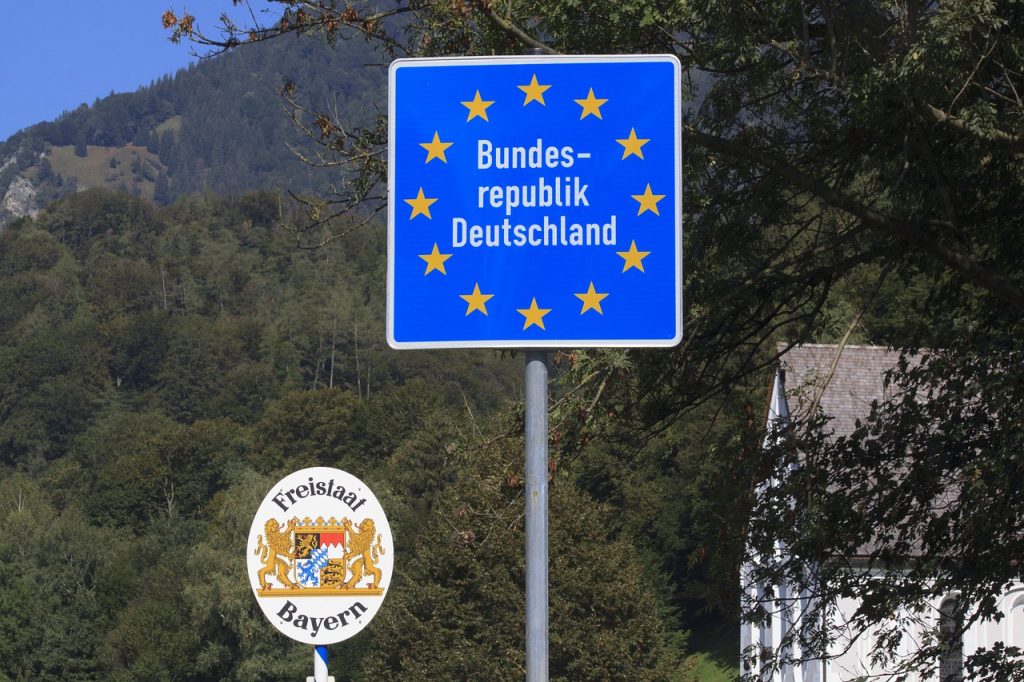
Entry to Germany from March 2025. Life in Germany. Starting March 2025, Germany will tighten border controls. Officials will carry out thorough checks on documents and vehicles, which could cause long lines and delays at crossings. They will also strictly enforce limits on carrying cigarettes, alcohol, and cash—going over these limits may lead to confiscation and fines.
March includes a public holiday in some regions, meaning shops and businesses will be closed. Travelers should plan their shopping and refueling ahead of time. Additionally, the switch to summer time may affect train and bus schedules. Here’s what you need to know before traveling to Germany.
Entry to Germany from March 2025
From March 2025, travelers entering Germany should expect strict border controls and possible long delays. In response to rising illegal crossings and smuggling, Germany has extended temporary checks at all land borders until September 15, 2025.
These checks are not limited to border crossings but also take place within a 30-kilometer border zone. Police, customs officers, and sometimes soldiers from neighbouring countries will inspect travellers’ documents, verify their authenticity, and check vehicles and cargo for illegal goods.
Read also: How much Kindergeld will families receive in Germany by 2025?
Public holidays and non-working days in Germany in March 2025
Two key holidays in March will impact public life in some German states:
- International Women’s Day (March 8) – A public holiday in Berlin and Mecklenburg-Vorpommern, meaning schools, offices, and most shops will be closed. In other states, it is a regular workday, though events promoting gender equality may take place.
- Carnival (Rosenmontag & Aschermittwoch) – Celebrated mainly in North Rhine-Westphalia, with key dates on March 3 (Rosenmontag) and March 5 (Aschermittwoch). While not official holidays, some businesses and schools may close or operate on a limited schedule due to local traditions.
Terrorist threat in Germany
Germany does not have a public terror alert system, as the Federal Ministry of the Interior (BMI) does not disclose threat levels. However, terrorist attacks and attempts have occurred, so caution is advised in crowded areas such as concerts, festivals, airports, train stations, subways, and shopping malls. Expect a visible presence of armed police in these locations. In case of a threat, always follow the instructions of law enforcement and police carefully.
Current limits for transporting alcohol and cigarettes to Germany
When traveling to Germany, be aware of the limits on alcohol, tobacco, and cash transport. Exceeding these limits may result in fines or even imprisonment.
Alcohol Limits:
- Spirits (e.g., whiskey, rum, vodka): 10 liters
- Sweet alcoholic beverages: 10 liters
- Intermediate products (e.g., sherry, port wine): 20 liters
- Sparkling wine: 60 liters
- Beer: 110 liters
Smuggling alcohol can lead to fines or imprisonment of up to five years.
Tobacco Limits:
- Cigarettes: 800
- Cigarillos: 400
- Cigars: 200
- Tobacco: 1 kg
Beware of cash transport limits to Germany
Under current regulations, anyone carrying €10,000 or more must declare it to customs and tax authorities. Failure to do so may lead to confiscation of funds or fines. If inspected, authorities can temporarily detain cash exceeding the limit for further verification. Travelers should ensure they comply with these rules to avoid legal consequences.
Border controls with Germany – at which border crossings are traffic jams formed?
Long-standing border controls often lead to traffic jams and extended wait times, especially during peak travel hours. According to ADAC, the most affected crossings include:
Austria
- Suben (A3 Linz – Passau)
- Walserberg (A8 Salzburg – Munich)
- Kiefersfelden (A93 Kufstein – Rosenheim)
Wait times can reach several hours during busy periods.
Poland
- A12 border crossing (Frankfurt/Oder – A2, Poland)
Traffic jams of several kilometers are common.
⚠️ Poland introduced extra controls on January 15, 2025, due to a foot-and-mouth disease outbreak in Brandenburg.
Switzerland
- Basel, Weil am Rhein (A5), and Kreuzlingen-Konstanz
Occasional traffic congestion reported.
Czech Republic
- A17 Prague-Dresden (Breitenau-Schönwald crossing)
- Bavarian-Czech crossings (Selb, Schirnding, Waidhaus)
Increased checks are causing delays in these areas.
Travelers should plan for possible wait times and check traffic updates before departure.
Daylight saving time 2025 in Germany
Germany will switch to summer time on the night of March 29 to 30, 2025. At 2:00 a.m., clocks will move forward to 3:00 a.m., making the night one hour shorter. This change may impact train and bus schedules, so travellers should check updated timetables in advance.
